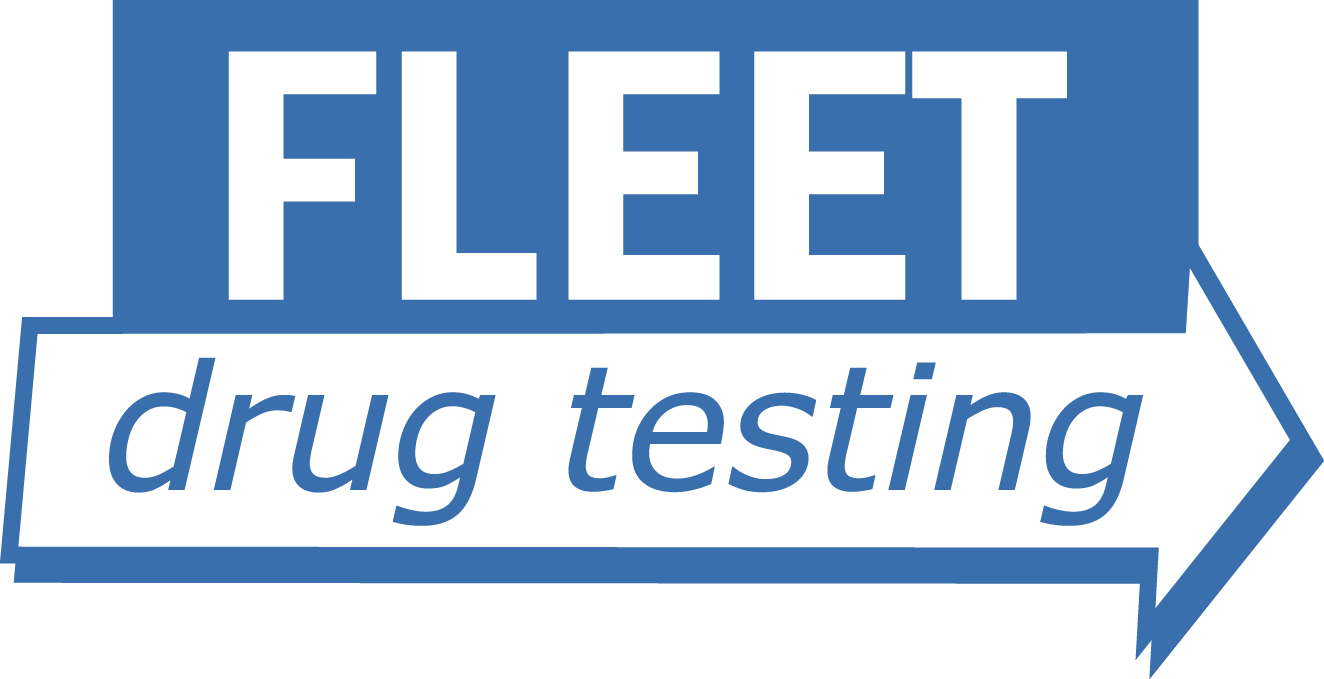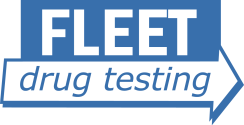Random drug testing is a fact of life if you work in the transportation industry. Yet, it can still be a source of anxiety, particularly if you own and operate your own commercial vehicle. While it can be easy to manage certain aspects of a business, you still have to comply with drug testing regulations and guidelines set by the federal Department of Transportation (DOT), including submitting to a certain amount random drug tests every year.
At Fleet Drug Testing, our programs can help you. We take care of finding drug testing locations and all of the other guesswork that comes with compliance with the DOT’s drug testing program. Whether you’re an owner-operator and are looking for a solution or trying to streamline your fleet and operations, we have what you need. Contact us today to get started.
What Are the DOT’s Drug Testing Regulations?
Nationwide, authorities and local governments enforce the Department of Transportation’s (DOT) drug testing regulations across the transportation industry. This is crucial because the transportation sector plays a vital role in the economies and commerce of the entire country, and ensuring the safety of drivers and everyone on the road is a top priority of the DOT. To that end, the DOT’s drug testing program adheres to strict federal guidelines and consists of several key components:
- Pre-employment testing – Before hiring, individuals taking on safety-sensitive roles must undergo testing to confirm that they are free from drugs and alcohol.
- Post-accident testing – After work-related accidents or incidents, drug and alcohol testing is conducted to determine whether these substances contributed to the event.
- Return-to-duty testing – If an employee has previously tested positive or violated DOT regulations, they must undergo testing to prove that they are no longer using drugs or alcohol and are fit for safety-sensitive duties.
- Follow-up testing – Even after completing the return-to-duty process, employees continue to undergo periodic testing as part of their follow-up program. This ensures their ongoing commitment to remaining drug and alcohol-free, preserving their eligibility for safety-sensitive positions.
In addition to these testing intervals, DOT regulations also address other aspects of the testing process. Individuals subject to drug testing under DOT regulations must find a certified testing location where tests are administered by licensed professionals. The test results are then examined and reported by a certified laboratory and a Medical Review Officer (MRO). Currently, the DOT testing panel involves urine or saliva samples and tests for marijuana, cocaine, amphetamines, opioids, and PCP.
Understanding Random Drug Testing
Of all the testing intervals in the DOT’s program, random drug testing is often the one that raises the most questions. After all, the other intervals are fairly conditional, happening either before you’re hired or after an event. Conversely, a random drug test occurs via a selection process and must meet a percentage quota throughout the year.
Currently, the DOT sets that quota at:
- 50% of employees at least once per year
What this means for you as an employee is that you will be subject to the selection process for random drug testing at some point during the year. Additionally, random drug testing is designed to be truly random, and employees should not have advance notice of when they will be selected for testing. Employers typically use computer-based random selection programs or similar methods to ensure the fairness and unpredictability of the selection process.
Still, in order to better understand the random drug testing procedure, here’s a quick overview:
- Testing process – When selected for a random drug test, you will be required to report to a designated testing location promptly. A sample (usually urine) will be collected and analyzed for prohibited substances. The testing process must follow DOT-mandated procedures, and will test for marijuana, cocaine, PCP, opioids, and amphetamines.
- Privacy and confidentiality – Your privacy and the confidentiality of your test results are protected by DOT regulations. Test results are typically shared only with designated personnel, such as a Medical Review Officer (MRO), and are not disclosed to your motor carrier or other parties without your consent.
- Record-keeping – It’s important to maintain records of your drug test results and compliance with DOT regulations. These records may be requested during DOT audits or inspections.
As with any aspect of your business, staying compliant with the DOT’s drug testing regulations is incredibly important to your continued success. As such, part of our services at Fleet Drug Testing includes finding convenient drug testing loactions near you. This can help in a variety of ways:
- Convenience – Proximity to testing facilities ensures that your drivers can undergo testing swiftly, minimizing any potential delays. Moreover, convenient locations greatly enhance the efficiency of random testing procedures.
- Efficiency – Given the tight schedules of your truck drivers, nearby testing facilities reduce downtime, enabling them to return to work more expeditiously.
- Protecting careers – Failing a drug test can have dire consequences for a driver’s career. Convenient testing locations offer a layer of protection for their livelihoods.
Taking time for drug tests can disrupt your business and add stress as you hope to pass. Not following these rules could lose you clients and money, hurting your overall business. That’s why a well-organized testing plan, supported by our experienced team at Fleet Drug Testing, can be crucial for you.
Contact Fleet Drug Testing Today
No matter what your needs are, Fleet Drug Testing has you covered when it comes to DOT compliance. Our programs cover all requirements, including random drug testing and recordkeeping. We want to help you keep your business moving. Contact us today to get started to take a look at our programs here.

